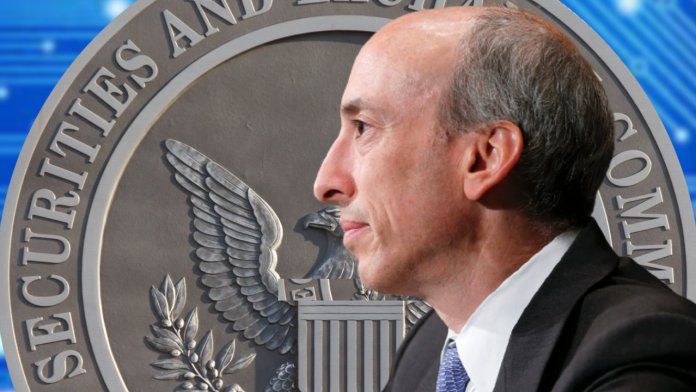Cryptocurrency Companies under Scrutiny: SEC Lawsuits and Investor Protection Strategies

The Securities and Exchange Commission (SEC) has been cracking down on cryptocurrency companies in recent years, filing a number of lawsuits against firms that it alleges have violated securities laws. This has raised concerns among retail investors, who are wondering what they should do to protect themselves from potential losses.
Here are a few things that retail investors can do to minimize their risk in the wake of SEC crypto lawsuits:
1. Do your research. Before investing in any cryptocurrency, it is important to do your research and understand the risks involved. This includes learning about the company’s business model, its financials, and its management team. You should also read the white paper and any other documentation that the company has published.
2. Be wary of promises of high returns. If an investment opportunity seems too good to be true, it probably is. Be wary of any investment that promises high returns with little or no risk.
3. Invest only what you can afford to lose. Cryptocurrency is a volatile asset class, and prices can fluctuate wildly. As such, it is important to only invest money that you can afford to lose.
4. Store your coins in a secure wallet. Once you have purchased cryptocurrency, it is important to store it in a secure wallet. A hardware wallet is a good option, as it is offline and therefore less vulnerable to hacking.
5. Stay up-to-date on the latest news and regulations. The cryptocurrency industry is constantly evolving, and it is important to stay up-to-date on the latest news and regulations. This will help you to make informed investment decisions and avoid potential risks.
The SEC’s crackdown on cryptocurrency companies is a reminder that there is always risk involved when investing in this asset class. However, by following these tips, retail investors can minimize their risk and protect themselves from potential losses.
In addition to the above, here are some other things that retail investors can do to protect themselves from SEC crypto lawsuits:
Be aware of the risks of investing in ICOs. Initial coin offerings (ICOs) are a popular way for cryptocurrency startups to raise money. However, ICOs are often unregulated, and there is a risk that they could be fraudulent.
Do not invest in cryptocurrency unless you understand the risks. Cryptocurrency is a volatile asset class, and prices can fluctuate wildly. As such, it is important to only invest money that you can afford to lose.
Report any suspicious activity to the SEC. If you see something that you think is suspicious, such as a company making false or misleading statements, report it to the SEC. You can do this by filing a complaint on the SEC’s website.
The SEC’s crackdown on cryptocurrency companies is a sign that the agency is taking the industry seriously. By following the tips above, retail investors can help to protect themselves from potential losses.
Investors who hold crypto on Coinbase, Binance, and Robinhood amid SEC lawsuits should consider the following options:
Do nothing. If you are comfortable with the risks involved and believe that the value of your crypto will appreciate over time, you may choose to do nothing. However, it is important to monitor the situation closely and be prepared to take action if necessary.
Transfer your crypto to a private wallet. If you are concerned about the security of your crypto on an exchange, you may choose to transfer it to a private wallet. This will give you complete control over your crypto, but it will also make it more difficult to access.
Sell your crypto. If you are concerned about the future of the cryptocurrency market or the potential for further regulation, you may choose to sell your crypto. This will allow you to realize your gains or losses, but it will also prevent you from participating in any future appreciation.
The best course of action for you will depend on your individual circumstances and risk tolerance. If you are unsure of what to do, it is advisable to consult with a financial advisor.
Here are some additional considerations for investors who are considering transferring their crypto to a private wallet:
Security: Private wallets are more secure than exchanges, as they are not connected to the internet. However, they are also more vulnerable to theft if they are not properly secured.
Accessibility: Private wallets are not as accessible as exchanges. You will need to have the private key to access your crypto, and you will need to use a software or hardware wallet to store it.
Taxes: When you transfer crypto from an exchange to a private wallet, you may be required to pay taxes on the gain or loss.
It is important to weigh the risks and benefits of transferring your crypto to a private wallet before making a decision.